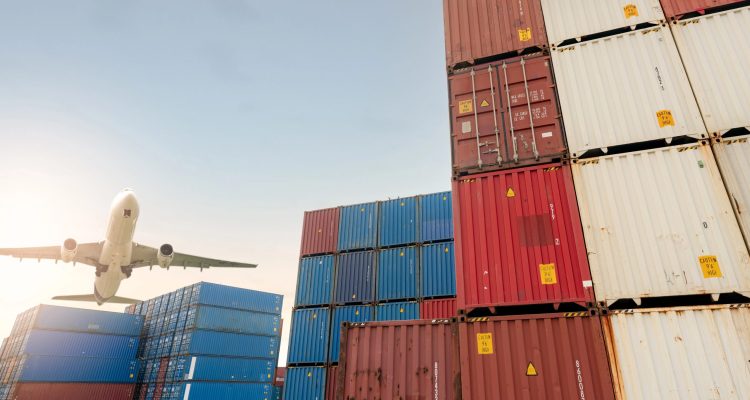Samsara, the pioneer of the Connected Operations® Platform, today released its State of Connected Operations (SOCO) Report—Plan, Act, Recover: Disaster Preparedness in Physical Operations. The report draws on the expertise of 1,550 emergency management professionals across seven countries, including 300 in the UK and Ireland (UK&I), to identify how prepared the physical operations industry is for a major crisis and the steps needed to better support them in the future.
Severe preparedness gaps are leaving organisations exposed
The report reveals that most organisations are dangerously underprepared for major crises—from natural disasters to supply chain breakdowns, civil unrest, and security threats—leaving frontline workers at risk and putting billions of pounds in operations on the line.
Leaders in the region lack confidence in their crisis readiness, with only 28% feeling adequately prepared. Leaders in the UK&I are most actively planning for cyber incidents, while also preparing for natural disasters and supply chain disruptions.
According to the research, only 12% of leaders in the UK&I actively plan for high-risk areas and many lack the real-time visibility and communications needed to coordinate people and assets when extreme heat, storms, strikes, or security disruptions cascade across transport and critical infrastructure. Strikingly, over a third (37%) say their organisation is not prepared at all for a major crisis.
Lack of visibility is driving financial losses and safety risks
Access to connectivity in a crisis is a clear issue and in the UK&I almost two-thirds (62%) of leaders report inconsistent real-time data on key resources during a crisis, while 86% are concerned with maintaining critical communications.
A lack of visibility is creating significant issues across physical operations, with 94% of organisations in the UK&I having suffered financial losses during crises, most often from not being able to locate critical assets.
AI could transform disaster response but workforce readiness remains a problem
Leaders in the region want technology to improve their emergency planning efforts, early warnings, and real-time decisions, with 95% believing artificial intelligence (AI) will fundamentally reshape disaster response within five years. Leaders in the UK&I have the highest confidence in AI across those surveyed globally.
Effective crisis response will depend on a highly capable workforce however, and the majority (85%)of leaders in the UK&I are concerned that frontline teams are not adequately trained to use digital tools during a crisis on the frontline. As a result, most leaders (84%) say more frequent disasters are forcing new training needs, particularly in data and technology. This demonstrates the requirement for AI and other technological innovations to better support leaders in responding to future emergency events.
“Across the UK and Ireland, the biggest vulnerability isn’t just the weather—it’s operating blind when networks fail or routes shut down,” said Martin Bain, AVP Enterprise Sales EMEA at Samsara. “Leaders are leaning into AI, but resilience comes from instrumented operations, redundant communications, and trained teams. When those three line up, organisations can keep people safe, re-route supply lines in hours, not days, and contain the financial hit.”
Discover more insights from the State of Connected Operations Report here.






